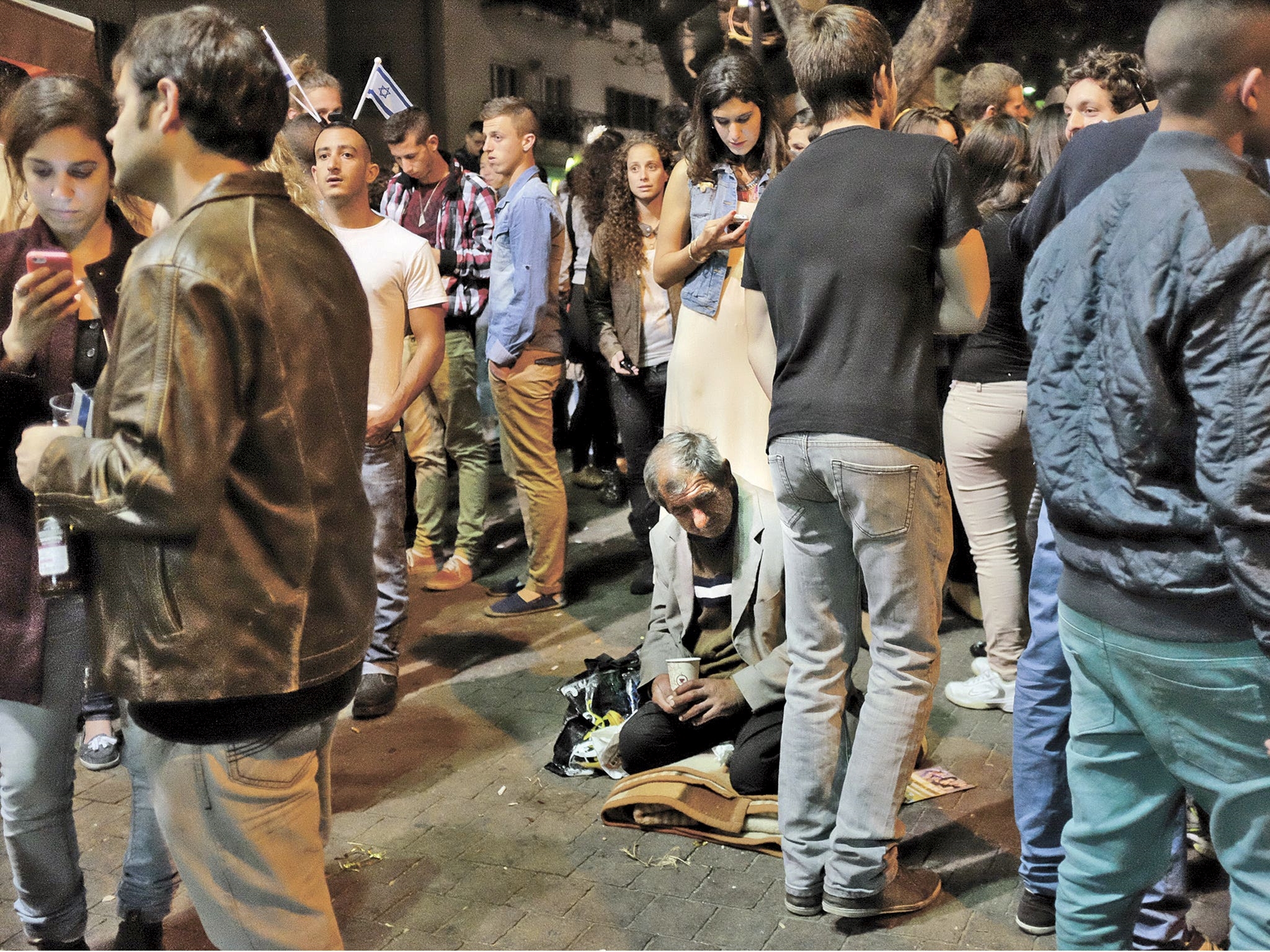Israeli price hikes highlight long-term issues plaguing economy
"Israel" has one of the highest income inequalities in the OECD, and planned price increases will only enlarge the gap.
-

"Israel's" poverty rate is the OECD's highest at 21 percent
Osem, one of "Israel's" largest food producers, recently informed supermarkets in the occupied territories that it will increase its prices by an average of 5% starting February.
The move drew widespread condemnation in "Israel", where Osem, which is owned by Swiss multinational company Nestlé, is a household name, with some calling for 'boycotting' the company. If Osem succeeds, other companies are sure to follow suit, as all companies have seen their profit margins dwindling amidst the rising costs of raw materials, packaging, energy, and transportation.
Israelis living in the occupied territories have also had to contend with rising water, electricity and fuel prices, as the costs of living increased in recent years. The Economist ranked "Tel Aviv" as the world's most expensive city in 2021.
Inequality has been further pronounced in "Israel" over the past few years, with reasons ranging from the appreciation of the shekel, which makes the local cost of products and services higher in comparison to the dollar, and makes low-income families suffer more, with 20% of their monthly budget being allocated toward food.
About a fifth of Israelis were living in poverty, according to official numbers. The numbers also included data on food insecurity, with close to 43% of the Arab population living under Israeli occupation saying they suffer from food insecurity. The number is also close to the percentage of the Arab population living in poverty under the occupation.
The reason for the occupation's failures goes back to low spending on social programs and benefits. The Israelis also have other problems, such as encouraging women to enter the workforce, which prevents families from making ends meet.

 2 Min Read
2 Min Read








